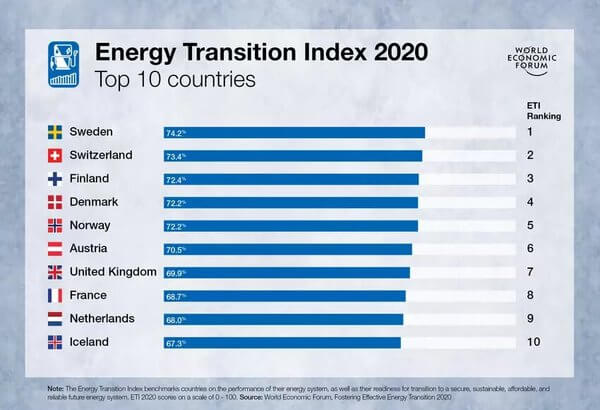News Release from windfair.net
Wind Industry Profile of
Reaching Zero with Renewables
Renewable energy is the key to most of the options available to reach zero emissions in industry and transport, IRENA’s new report Reaching Zero with Renewables shows. Options that deliver only partial emission reductions will not be enough for energy-intensive industrial sectors like iron and steel, chemicals, cement and aluminum as well as long distance aviation, shipping and road freight transport.
“Low-carbon options, including electric vehicles and clean fuels based on renewables, have become familiar in many countries,” said Francesco La Camera, IRENA’s Director-General. “But we need to start developing and proving viable solutions for all sectors immediately - and be ready to scale them up massively in the 2030 and 2040s.”
Reaching the ultimate global climate goal of zero emissions requires eliminating direct CO2 emissions from energy use and industrial processes alike, but that can only happen with major policy changes. Otherwise, those seven industry and transport sectors will account for 38% of all CO2 emissions and 43% of energy use globally in 2050.
Video: IRENA
To help reaching this goal, IRENA has signed a Memorandum of Understanding (MoU) with the international organization World Economic Forum. This MoU brings together two international organizations to collaborate and advance a sustainable energy future through the adoption of new technology, financing and ambitious policy frameworks. It aims to advance the necessary global energy transition, decarbonise hard to abate sectors, scale up the deployment of clean technologies and enhance the energy literacy of decision-makers and the public, as the partners said.
"This reinforced partnership combines IRENA’s leading expertise on energy transition with the Forum’s proven record of success in driving change through public-private dialogue in pursuit of a global energy system that is fit for the future," said La Camera.
The World Economic Forum published its own report, the Energy Transition Index 2020 earlier this year. It benchmarks the energy systems of 115 economies, highlighting the leading players in the race to net-zero emissions, as well as those with work to do. Sweden tops the overall ranking for the third consecutive year as the country most ready to transition to clean energy, followed by Switzerland and Finland. There has been little change in the top 10 since the last report, which demonstrates the energy stability of these developed nations, although the gap with the lowest-ranked countries is closing. The United Kingdom and France are the only two G20 economies in the top 10. But this year, another factor appeared: the report states that COVID-19 could threaten the rate at which economies adopt more sustainable power.

Image: World Economic Forum
The progress on environmental sustainability remains slow, but 2019 was a landmark year as many countries and companies announced net zero goals. COVID-19 might result in a shift in stakeholder priorities in the near term though. "Given the temporary pause in international collaboration - such as the postponement of COP 26 - country-specific actions will be critical in ensuring the economic recovery from COVID-19 is environmentally sustainable," the World Economic Forum said.
“To be in line with the 1.5 C goal,” said La Camera, “decision makers in both the public and private sectors need a clearer view of what needs to be done. Falling technology costs and proven synergies have now opened a credible path to cut emissions to zero.” And in the COVID-19 pandemic the renewables have also shown their strength in keeping the lights on. So renewable energy is the key to the future.
- Author:
- Katrin Radtke
- Email:
- press@windfair.net
- Keywords:
- zero, emissions, IRENA, World Economic Forum, report, degrees, rise, renewable energy, sector, carbon neutral, Energy Transition Index, 2020, COVID-19




























